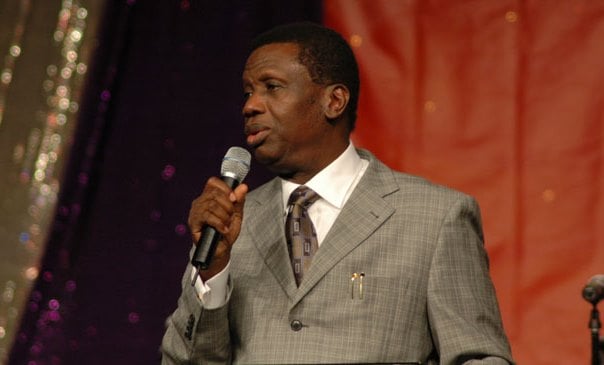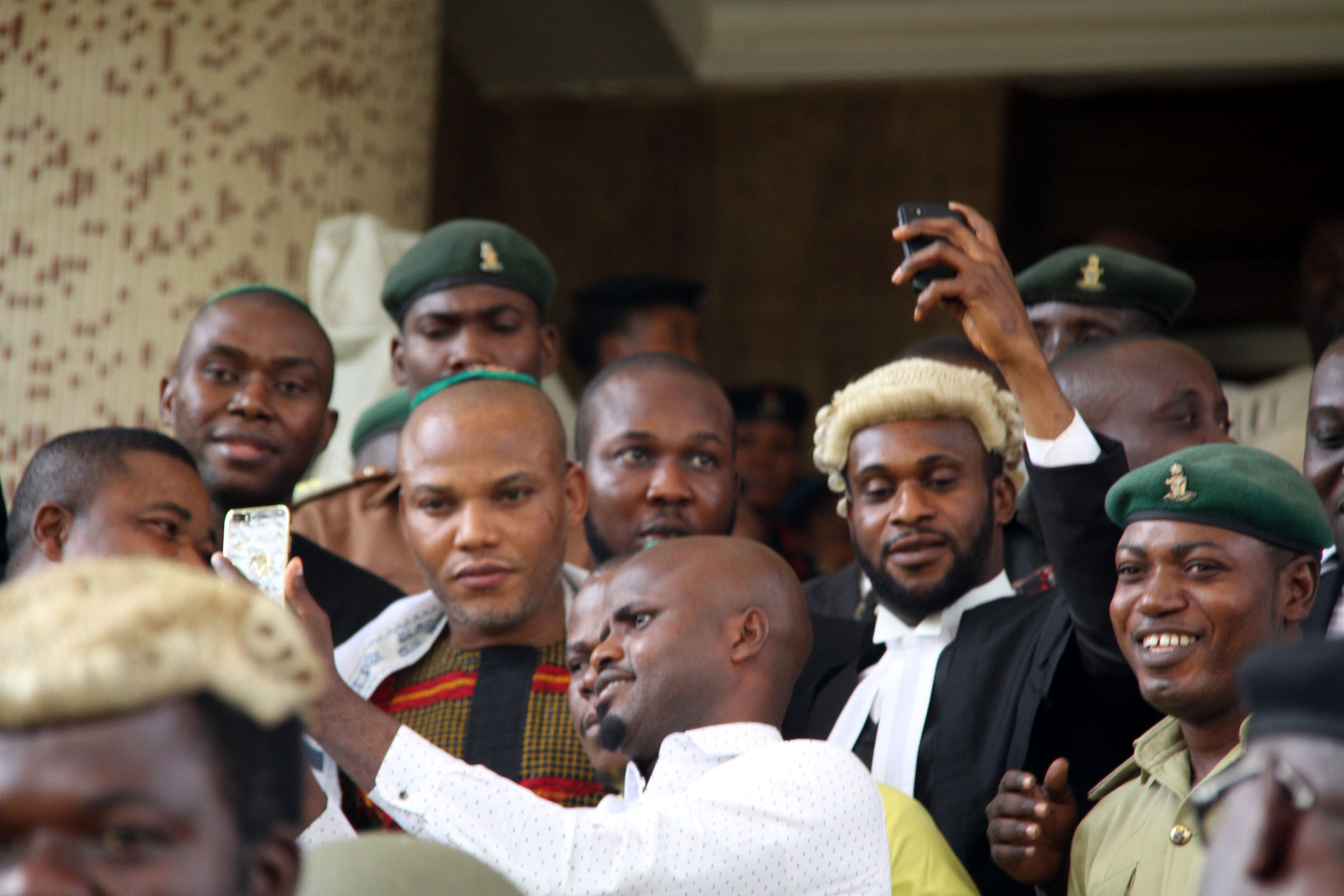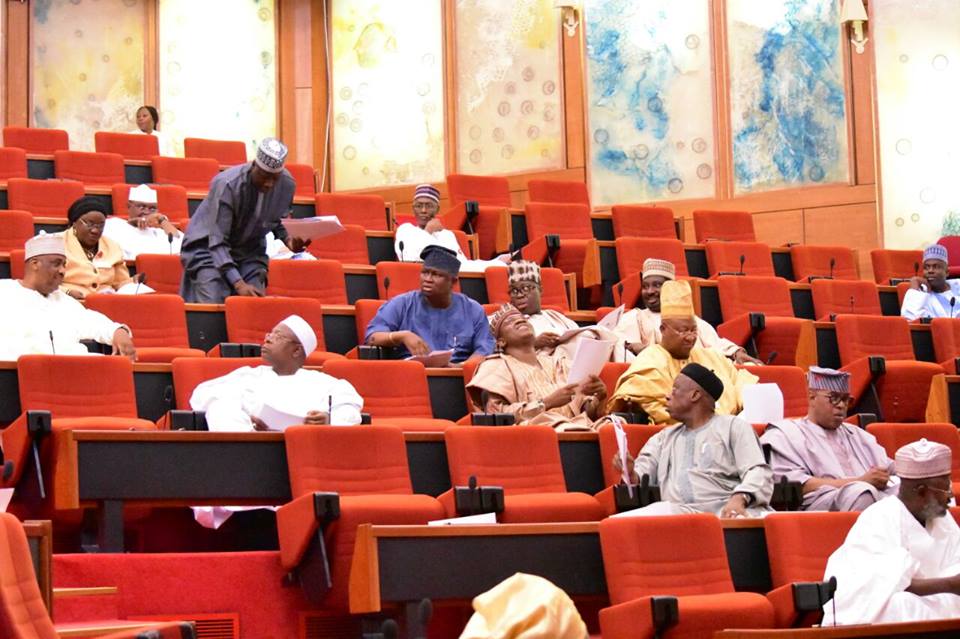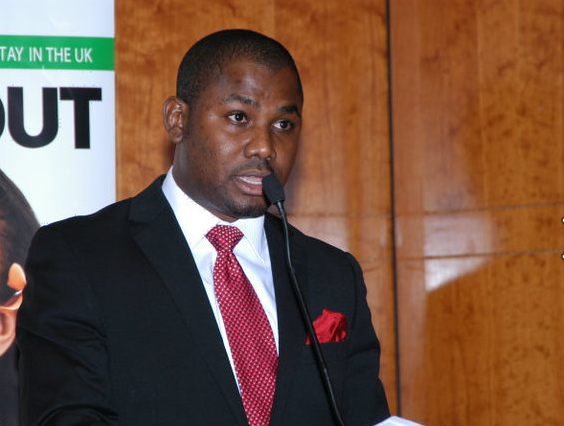The decision of Enoch Adeboye, general overseer of the Redeemed Christian Church of God (RCCG), to name a national overseer for the church hasn’t stopped generating ripples.
In its statement to clarify the move — seeing that Adeboye had been erroneously thought to have quit his position as general overseer — the church said the announcement of a new Nigeria overseer was made in compliance “with the new legal requirements set up by the Financial Regulations Council for all registered churches, mosques, and CSOs, which stipulate that heads of non-profit organisations like churches now have a maximum period of 20 years to lead their organisations while in retirement”.
Since the announcement, the FRC code, which was released in October 2016, has been suspended, while Jim Obazee, the FRC executive secretary, has been sacked.
There have been calls for Adeboye to return to the position, one group even threatening to sue him if he didn’t, while FRC has been pilloried by commentators for targeting the church.
Advertisement
How true are these claims, and what other things do you need to know about this code?
IT ALL BEGAN IN 2013
The Not-For-Profit Organisations Governance Code 2016, as it is known, is the outcome of an additional directive given to the Steering Committee on the National Code of Corporate Governance, on November 29, 2013 by Olusegun Aganga, the then minister of trade and investment.
The remit of the committee was to extend corporate governance to Not-For-Profit Organisations (NFPOs) in Nigeria. According to FRC, the need for extension was “informed by the fact that corporate governance is currently very high on the economic agenda of many countries and it encompasses three sectors: the private, the public and not-for-profit”.
Advertisement
TERMS OF REFERENCE
The terms of reference given to the committee included the development of a corporate governance code for not-for-profit organisations that will enable the Financial Reporting Council of Nigeria (FRC), among other things, to:
(a) promote the highest standards of corporate governance;
(b) promote public awareness about corporate governance principles and practices;
(c) act as the national coordinating body responsible for all matters pertaining to corporate governance in the private, public and not-for-profit sectors of the Nigerian economy;
(d) encourage sound systems of internal control and information systems control to safeguard stakeholders’ investment and assets of public interest entities;
(e) promote sound financial reporting and accountability based on true and fair financial statements duly audited by competent independent Auditors; and
(f) ensure that audit committees of public interest entities keep under review the scope of audit and its cost effectiveness, the independence and objectivity of the auditors.
NOT JUST THE CHURCHES
FRC listed the not-for-profit organisations bound by the code to include:
Charitable: Homeless shelter, Disability, Youth empowerment, Hospital, Healthcare clinic, Animals’ right group, Human rights group, Para-military (scout, brigade, etc), Emergency relief group, Philanthropic organisation, Any other charitable organisation
Educational: Schools (primary, post primary, tertiary, vocational, etc), Child care centre, Adult education centre, Conservation group, Wildlife, Museum, Library, Any other educational organisation
Advertisement
Professional and Scientific: Research centre, group or foundation, Professional group (environmental, engineering, medical, etc)
Religious: Temple, Church, Mosque, Synagogue, Seminary/Bible College etc, Relief or charitable group with religious base/principles, Any other religious body, mission or society
Literary/Artistic: Concert centre, Theatre group, Art gallery, Music group and orchestra, Artists, writers, poetry etc organisations, Art theatre, Any other literary/artistic organisation
Political/Administrative Grouping: Political parties, Political observers, Political pollsters, Lobbying Groups, Trade groups (Chambers of Commerce, Business Councils, etc.),
Advertisement
Social and recreational clubs and Associations
Trade Unions
Advertisement
Others: This encompasses organisations with similar missions but not deemed classifiable under any of the above categories by the Founders or Governing Bodies.
NO WAY TO ‘TRINITY’ FOUNDERS/LEADERS
The code reasons that although the founder or leader of a NFPO occupies a special position in the organisation and is committed to the success and longevity of the NFPO, such people “should not take on too many responsibilities in the organisation or have an indefinite term in the running of the organisation”.
Advertisement
Therefore, in Section 9 Subsection 2, it says: “Where for any reason, a Founder or Leader of NFPO also occupies any of the three governance positions of Chairmanship of the Board of Trustees, the Governing Board or Council, and the Headship of the Executive Management (or their governance equivalents), the following provisions shall apply before the end of the organization’s financial year in which this Code takes effect.
“The Founder or Leader shall cease to occupy these three governance positions simultaneously. This is to ensure the separation of powers and avoid possible concentration of powers in one individual.
Advertisement
“The Founder or Leader may however choose – subject to the agreement of the organization’s apex authority as expressed in the Annual General Assembly, Annual Meeting, Annual Stakeholder Engagement, Annual Conference, Annual Synod, Annual Fellowship Assembly or their equivalents – only one of these three governance positions subject to his current tenure. This is to ensure a clear division of responsibilities at the head of the organization between the running of the governing body and the executive responsibility for the management and fulfilment of the organization’s mission.”
THE 20-YEAR LEADERSHIP LIMIT
The code says: “Where the Founder or Leader has occupied all or any of these three governance positions for more than twenty years, or is aged seventy years or above, the choice in section 9.2.2 9 of which position to let go of] above should only relate to the Board of Trustees as in section 9.4(c) below, except the constitution of the organisation otherwise provides.”
ON CAVEAT: ‘THIS WON’T CHANGE THE ROLE OF GENERAL OVERSEERS’
“In the case of religious or cultural organisations,” the code states, “nothing in this code is intended to change the spiritual leadership and responsibilities of Founders, General Overseers, Pastors, Imams and Muslim Clerics, Presidents, Bishops, Apostles, Prophets, etc. which are distinguishable from purely corporate governance and management responsibilities and accountabilities of the entities.
This caveat explains why Adeboye — after naming Joshua Obayemi as the new national overseer of the RCCG — maintained that he remained “the general overseer of RCCG Worldwide.”
FOUNDERS HAVE NO SPECIAL PLACE IN LAW
In its sixth section, the code noted that NFPOs usually had conflicts with their founders due to “structural growth problems, which small organisations worldwide face when replacing one-person management (or family management) with a more institutionalised structure”.
“Founders usually have absolute or pioneering control over these organisations, hence the trauma of transition to an independent management structure involving expert roles or the authority and autonomy of professional and independent managers,” it said.
It urged founders to view formalised structures as inevitable to a successful pioneering work.
“They should therefore not view associated governance and internal control framework as the ‘suspicion of the founder’ now being institutionalised.
“Instead, it should be viewed as an acknowledgement of the success of the founders’ legacy that is being institutionalised. The unwillingness of a respected founder to view the need for formal structure as success may inadvertently fuel the suspicion of members, beneficiary and donors.
“Founders have no special place in law. A founder should realise that once the organisation adopts a formal structure, he is bound by the charter or enabling document just like anyone else.”






